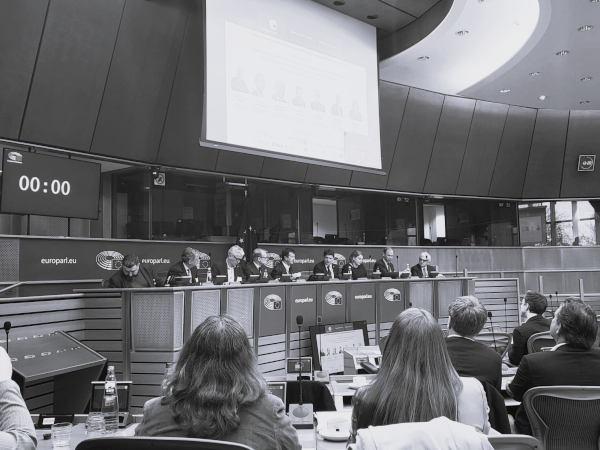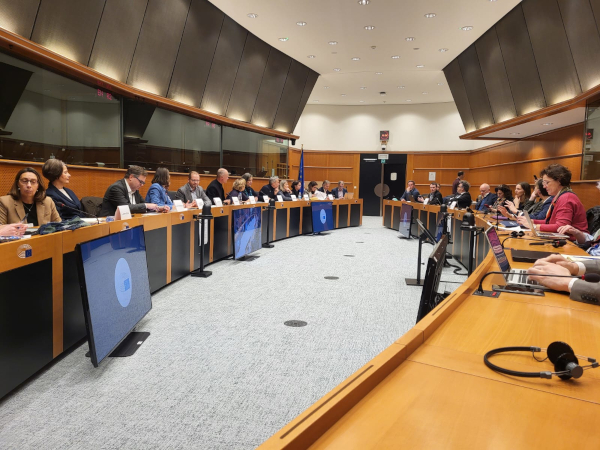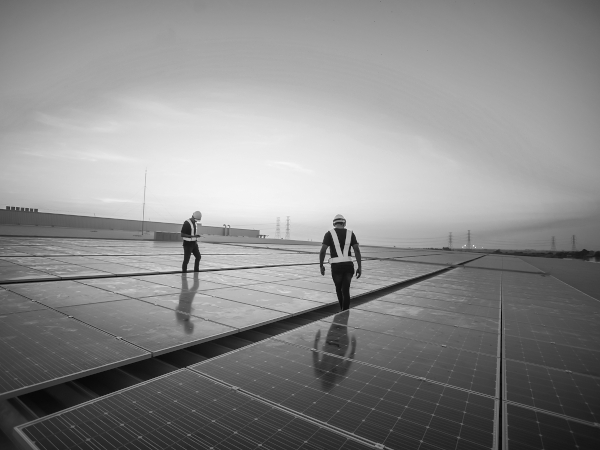Date: 26 November 2007
Achieving Europe's 2020 and 2050 targets on greenhouse gas emissions, renewable energy and energy efficiency will require action on energy efficiency, standards, support mechanisms and putting a price on carbon emissions. It will also require the deployment of more efficient and new technologies. So a significant research effort is necessary.
Europe's potential to develop a new generation of decarbonised energy technologies, such as off-shore wind, solar technology, or 2nd generation biomass, is enormous. However EU energy research is often under-funded, dispersed and badly coordinated. If the opportunity facing the EU is to be seized, actions to develop new energy technologies, lower their costs and bring them to the market must be better organised and carried out more efficiently. This is why the European Commission is proposing the Strategic Energy Technology Plan, a comprehensive plan to establish a new energy research agenda for Europe.
The Commission believes that Europe should lower the costs of clean energy and put EU industry at the forefront of the rapidly growing low carbon technology sector. This Plan is to be accompanied by better use of and increases in resources, both financial and human, to accelerate the development and deployment of low-carbon technologies of the future.







Add new comment